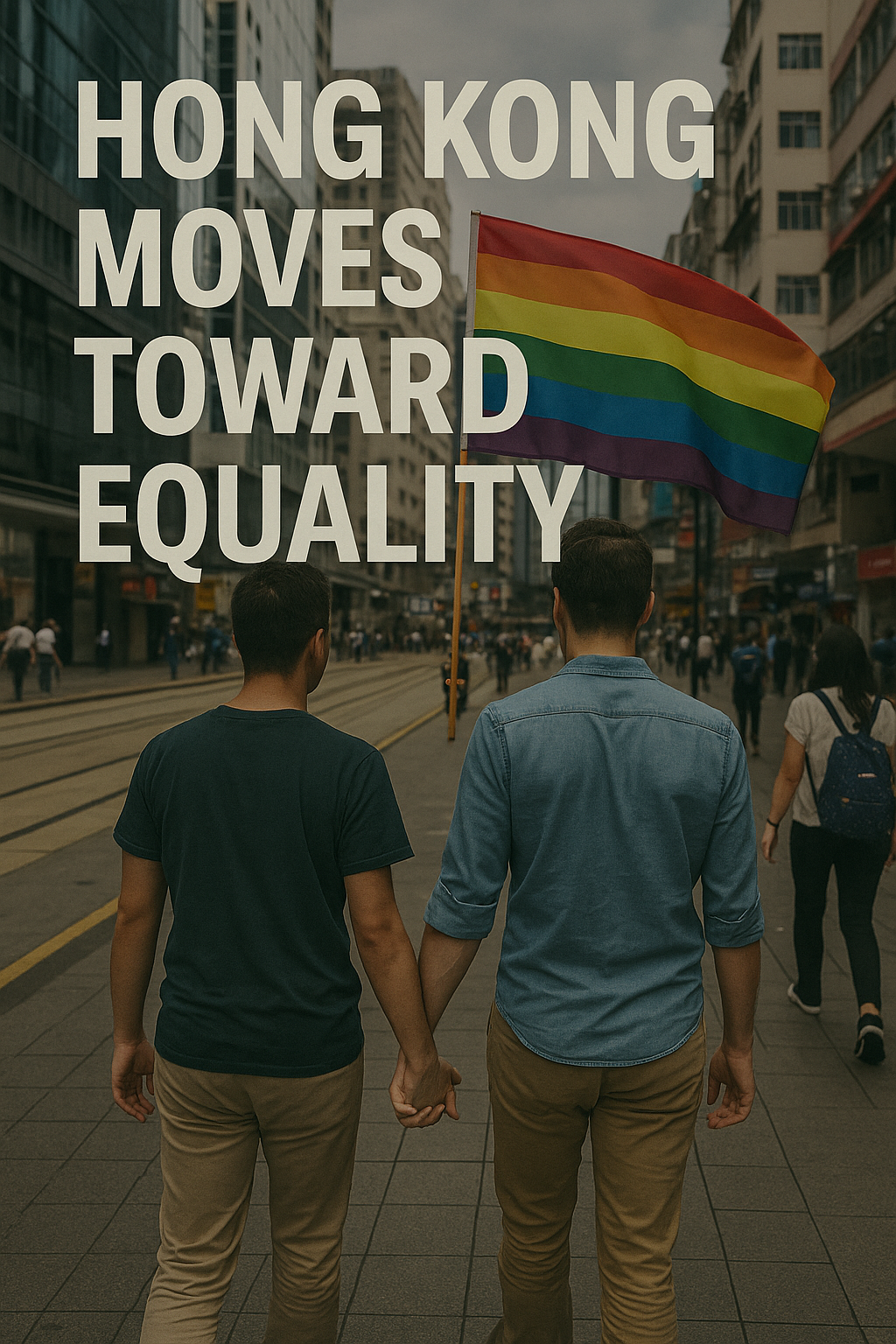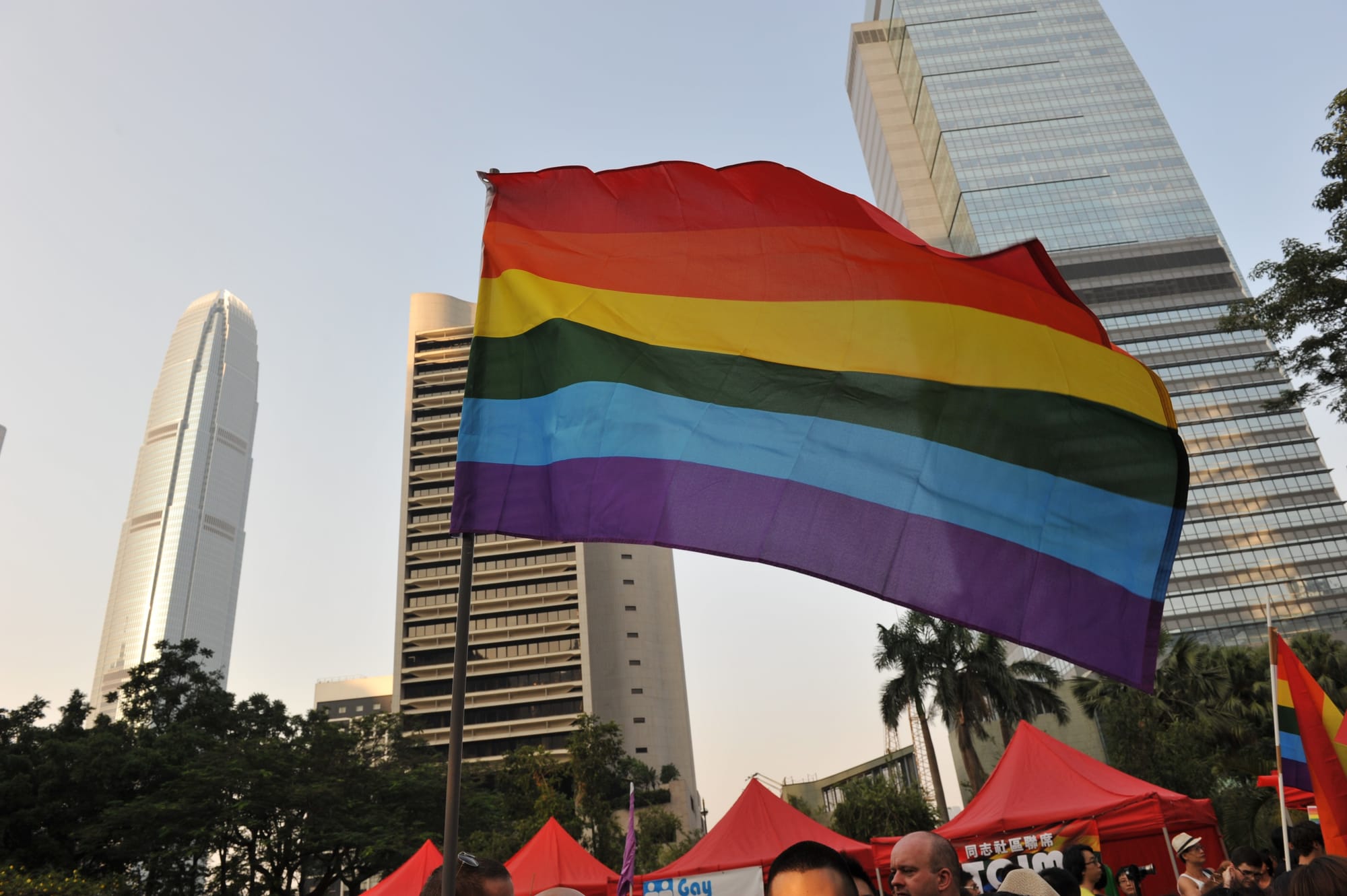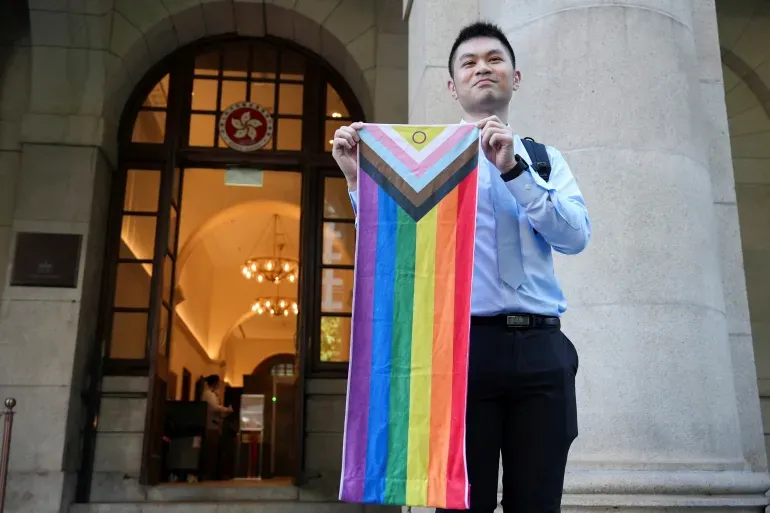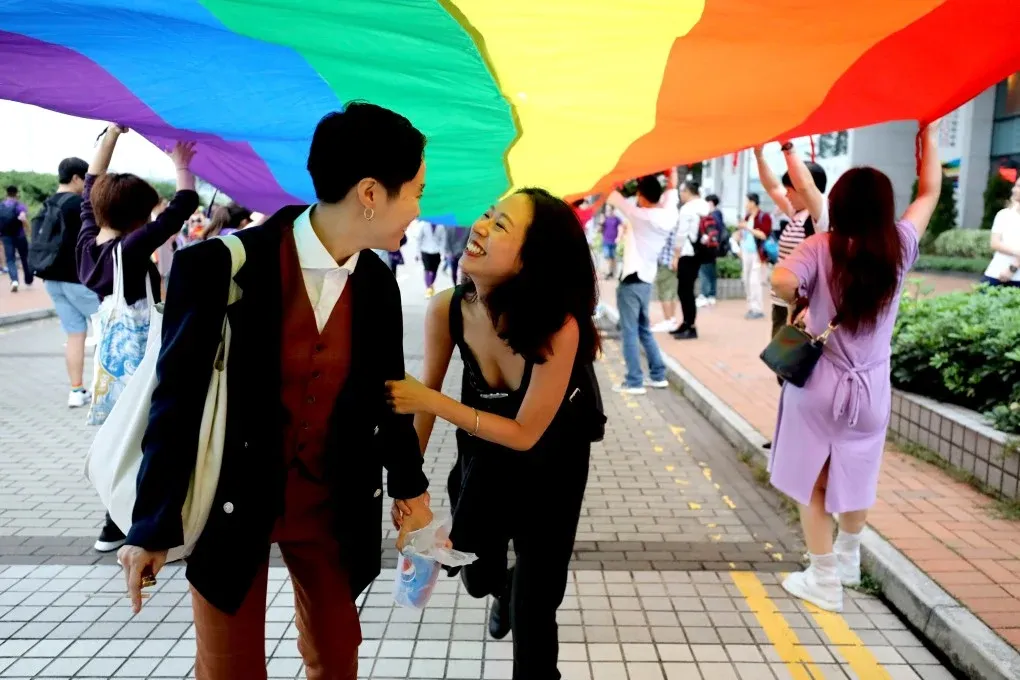Hong Kong’s Landmark Proposal: What Legal Recognition Means for Same-Sex Couples
Hong Kong’s 2025 Same-Sex Partnership Ordinance (SSPO) marks a historic shift in LGBTQ+ rights, offering limited legal recognition to same-sex couples. From hospital access to housing and inheritance, discover how this civil union bill reshapes equality across Asia's legal and cultural landscape.

HONG KONG, July 2, 2025
For the first time in its history, Hong Kong has proposed a law to recognize same-sex partnerships legally. Called the Same-Sex Partnership Ordinance (SSPO), this bill aims to grant limited rights to same-sex couples. It would provide access to housing, inheritance, hospital rights, and dependent tax relief. However, many in the LGBTQ+ community are asking if this is real progress or just a symbolic gesture.
Breaking Down the SSPO: What’s in the Bill?
Unveiled in June 2025 by Hong Kong’s Secretary for Constitutional and Mainland Affairs, the SSPO does not establish marriage equality. It proposes a civil partnership framework for consenting same-sex adults.
Key Provisions:
- Housing access in public housing as joint applicants
- Hospital visitation and medical decision-making rights
- Next-of-kin status in legal and medical records
- Inheritance rights without a will
- Dependent tax filing and employee benefits in civil service and partner companies
- Limited visa sponsorship for foreign same-sex partners
“This bill isn’t full equality, but it’s a first step.”
– Ray Chan, Hong Kong’s first openly gay legislator
While this move has garnered global support, activists point out that adoption rights, anti-discrimination protections, and full marriage equality are still absent.

From Criminalization to Courts: The LGBTQ+ Rights Journey in Hong Kong
Hong Kong’s LGBTQ+ journey is influenced by colonial legacies and gradual legal victories.
Here’s a timeline of progress:
1991: Homosexuality decriminalized (colonial-era law repealed)
2005–2018: Series of court challenges over pensions, visas, and civil servant benefits
2019: Government loses case over same-sex spousal benefits
2023: Court of Final Appeal rules the government must create a legal framework for recognizing same-sex couples
2025: SSPO introduced under court-mandated timeline
Hong Kong’s courts, rather than its legislature, have driven progress. This raises questions about whether the current proposal is aimed at justice or mere compliance.
Real Lives, Real Impact: How Recognition Could Change Everything
For couples like Michael and Kenneth, who have lived together for over a decade, the SSPO would validate and protect their lives.
“We've lived like any other couple—paid taxes, cared for each other, shared bills. But legally, we were invisible.”
– Michael Tse, community organizer
Legal Benefits of the SSPO:
- Public Housing: Eligible for joint tenancy applications
- Healthcare: Recognized as next of kin for treatment decisions
- Immigration: Foreign partners eligible for dependent visas
- Inheritance: No need for complex legal workarounds
- Taxation: Counted as dependents just like spouses
However, same-sex parents still face uncertainties regarding adoption rights, child custody, school enrollment, and inheritance for their children.

Social Pulse: How Are People Reacting?
Poll Snapshot – June 2025 (University of Hong Kong):
- 60% support civil partnerships
- 42% support full marriage equality
- 29% oppose any legal recognition of same-sex couples
- #SSPO, #EqualityNowHK, and #LoveIsLoveHK trended on social media
“If this is a first step, we welcome it. But we’ll keep marching until we reach equality.”
– Joanne Leung, Transgender Resource Center
Meanwhile, conservative and religious groups expressed worry that the bill undermines traditional family values. This view is expected to shape discussions during the second reading in LegCo, planned for August 2025.

What It Means for Business, HR, and Global Talent
International companies and financial institutions in Hong Kong, like HSBC, Goldman Sachs, and Google, have already adopted same-sex benefits policies. If passed, the SSPO will provide these policies with legal support, granting international employees legal protections under local law.
Corporate Shifts:
- Inclusion of registered partners in medical insurance
- Family leave for same-sex partners
- Visa sponsorship for expatriate couples
- Anti-harassment and inclusion programs
“We compete globally for talent. Legal recognition of diverse families is non-negotiable.”
– HR Director, Google Asia-Pacific
On the other hand, small and local businesses may struggle to adjust their HR policies due to a lack of clarity and resources.
Strategic Timing or Genuine Reform?
Critics claim that the bill is politically motivated, launched to improve Hong Kong’s image following global backlash over the National Security Law and restrictions on press freedom.
“It’s a good headline for international audiences, but it stops short of meaningful change.”
– Yuen Chan, Lecturer, City University of London
The absence of anti-discrimination protections, the exclusion of marriage, and the refusal to protect LGBTQ+ youth in schools are seen as significant issues.
Yet, the government maintains it is a legal evolution centered on family diversity while respecting cultural sensitivities.
Where Does Hong Kong Stand in Asia’s LGBTQ+ Movement?
| Country/Region | Civil Unions | Marriage Equality | Adoption | Gender Change Legal |
|---|---|---|---|---|
| Taiwan | Yes | Yes | Yes | Yes |
| Nepal | Yes | Pending | Yes | Yes |
| Japan | No (city-level only) | No | No | Yes |
| Singapore | No | No | No | Yes |
| Hong Kong (proposed) | Yes (SSPO) | No | No | Yes |
With Taiwan as the first Asian country to allow same-sex marriage, Hong Kong now joins Nepal in developing civil union frameworks. However, marriage remains controversial across most of East and Southeast Asia.
What Happens Next?
The Legislative Council (LegCo) will start public consultations in July 2025, with a second reading set for August. If the bill is passed, implementation will begin in January 2026.
Activists are pushing for:
- Inclusion of adoption and family rights
- A standalone Anti-LGBTQ+ Discrimination Law
- Legalization of same-sex marriage within 5 years
If the SSPO does not expand, it may lead to more lawsuits, especially under Hong Kong’s Basic Law and the International Covenant on Civil and Political Rights (ICCPR), both of which Hong Kong must uphold.

Final Thoughts: Law vs. Liberation
The SSPO is a landmark in Hong Kong’s legal landscape, but it’s far from a finish line. While it provides long-overdue recognition and practical protections for same-sex couples, it stops short of delivering full equality. As LGBTQ+ individuals continue to face cultural stigma and policy gaps, particularly in parenting, education, and anti-discrimination, this proposal must be seen as the beginning of a broader fight for dignity, not its resolution.
The true test lies ahead: whether Hong Kong will move beyond cautious compromise to real, inclusive reform.
Question for Readers: Equality or Delay?
Do you think civil unions are an acceptable step forward, or do they risk delaying full marriage rights and entrenching inequality?
Sources
- Hong Kong Judiciary (2023) – Court ruling mandating legal framework for same-sex couples
- University of Hong Kong (2025) – Public opinion poll on LGBTQ+ rights and SSPO support
- Legislative Council (LegCo) – Official SSPO 2025 bill text and legislative timeline: www.legco.gov.hk
- Quote – Ray Chan (First openly gay LegCo member), sourced via Reuters interview, June 2025
- Quote – Yuen Chan, journalism lecturer, from BBC World Service commentary
- Corporate Policy Statements – HSBC and Goldman Sachs on LGBTQ+ employee benefits in Asia
- Images & Infographics – Sourced from Getty Images, Wikimedia Commons, ABC News Australia, Reuters, AP News, South China Morning Post (SCMP), and DALL·E (OpenAI image generation)




